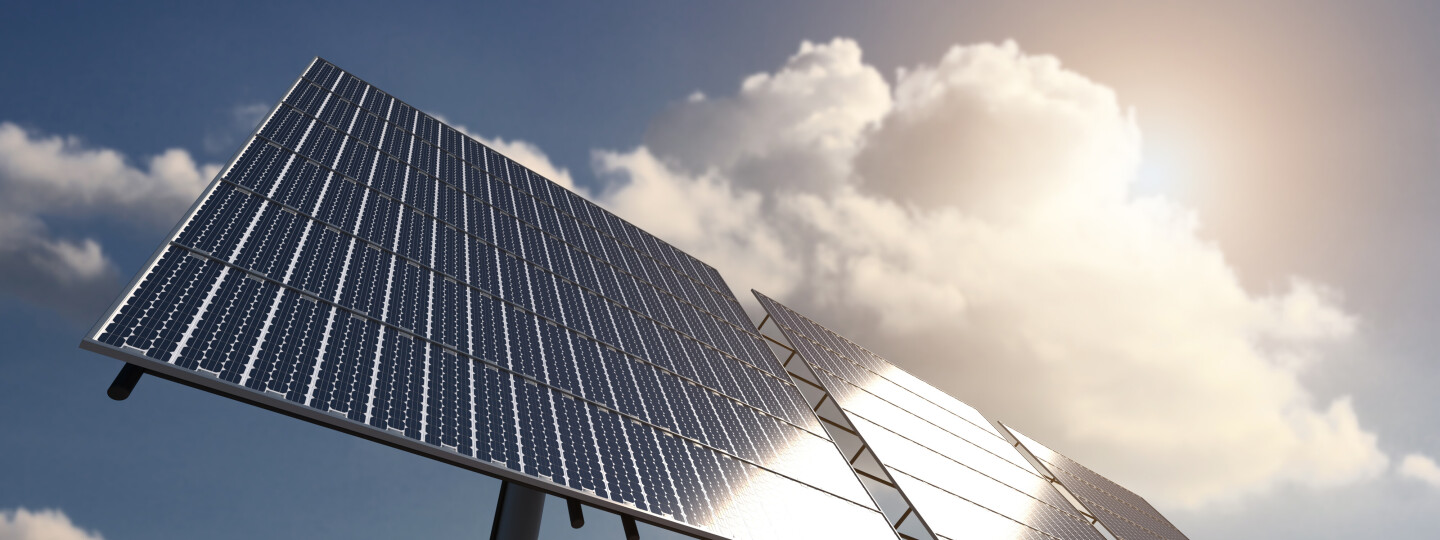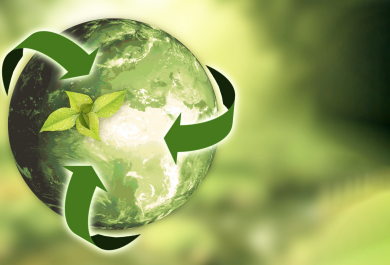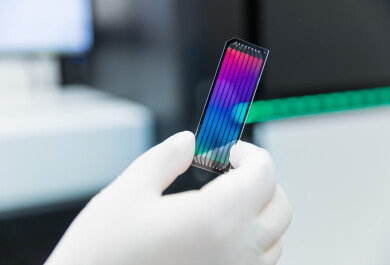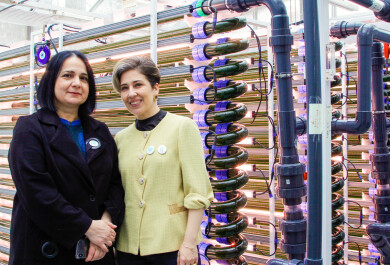The Academy of Finland has decided to fund six research consortia (in all 17 subprojects) and two individual projects under the Academy Programme Critical Materials in Circular Economy of Cities (Romulus). University of Turku professor Kati Miettunen and assistant professor Milica Todorović received funding.
The Academy allocated a total of seven million euros to the consortia for the period 2022–2025. The projects will launch in January 2022.
The Romulus Academy Programme explores the occurrence and chemical composition and properties of critical metals, integrating this with research on the circular economy of cities. Most commonly, critical materials refer to metals and minerals which, for some reason, are not sufficiently available to meet the needs of industry. The programme examines processes, products and services that are based on sustainable development.
University of Turku funded projects:
- Miettunen, Kati: Ecodesign of solar technologies for urban environment (consortium: ECOSOL), 342 126 €
- Todorović, Milica: Optimising the circular economy of batteries with artificial intelligence aided designs (consortium: SmartCyclers), 491 491 €
Miettunen heads a consortium investigating the retrieval of critical materials from photovoltaic systems. The researchers aim to understand how materials selection affects the recycling of solar cells and develop solar-panel structures that allow commercially viable reuse or recycling. The overall goal of the multidisciplinary consortium is to design sustainable solar-energy technology.
- The application of solar panels is increasing very rapidly in global use. Now we still have the window of opportunity to develop solar panel material and designs to support technically and economically feasible recycling, preferably going beyond retrieval of rare metals, Miettunen says.
- As our fight against climate change accelerates, we need to review the sustainability of current recycling practices for important technologies like battery energy storage. We will employ artificial intelligence to optimise the entire lifecycle of battery materials and identify next generation strategies for the circular economy, balancing the extraction of raw materials with up-cycling of components, says Todorović.




